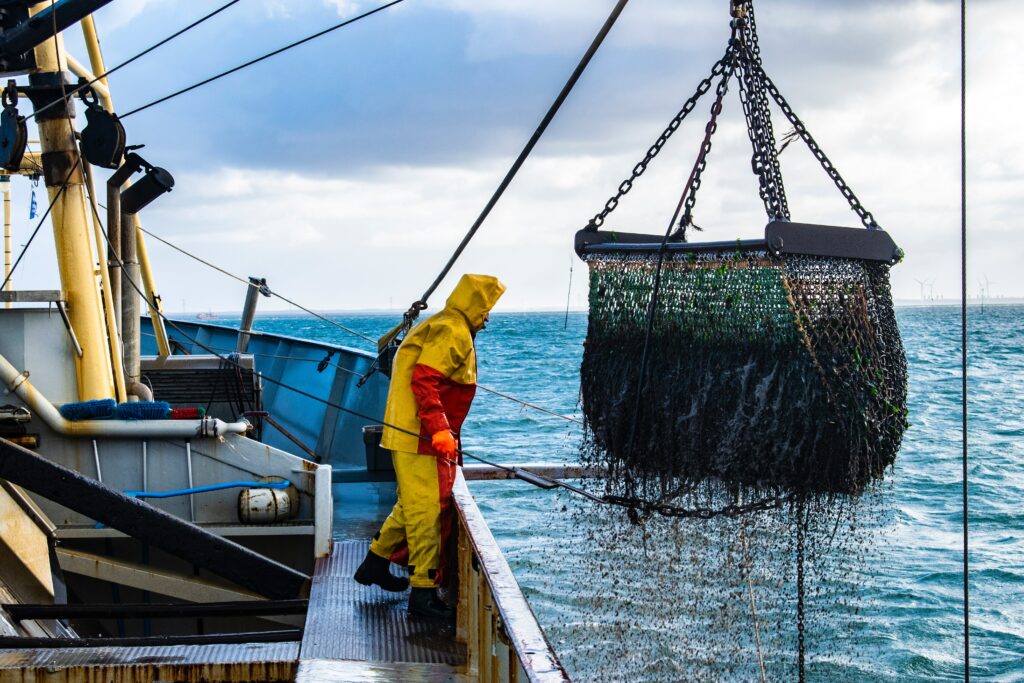This website uses cookies so that we can provide you with the best user experience possible. Cookie information is stored in your browser and performs functions such as recognising you when you return to our website and helping our team to understand which sections of the website you find most interesting and useful.
High Seas Treaty: searching for common grounds
Summary
The G20 can help steer the successful implementation of the newly agreed UN High Seas Treaty. However, given the current geopolitical landscape, lessons should be learned from past experiences of “securitization” of other ocean treaties.

Fishing areas beyond national jurisdiction. Photo: Paul Einerhand / Unsplash.
Key messages
- The High Seas Treaty will impact other agreements that the G20 members are party to, including the Convention on Biological Diversity’s 30X30 target, regional ocean agreements, and the G7’s Ocean Deal.
- The authors recommend that the G20 support the High Seas Treaty by: pushing for high environmental standards, reducing the space for ambiguity and securitization by framing clear treaty texts, supporting the establishment of an empowered scientific and technical body, supporting ecosystem-based marine spatial planning, providing a forum for bilateral dialogues, and ensuring equity and representation in all negotiations.
Citation
Barquet, K., Leander, E., Gunnarsson, M., Green, J., & Watt, R. (2023). High Seas Treaty: searching for common grounds. Think20. https://t20ind.org/research/high-seas-treaty-searching-for-common-grounds/
Several researchers contributed to the policy brief, partly financed by Mistra Geopolitics


 29/06/2023
29/06/2023

 Authors of this publication
Authors of this publication
